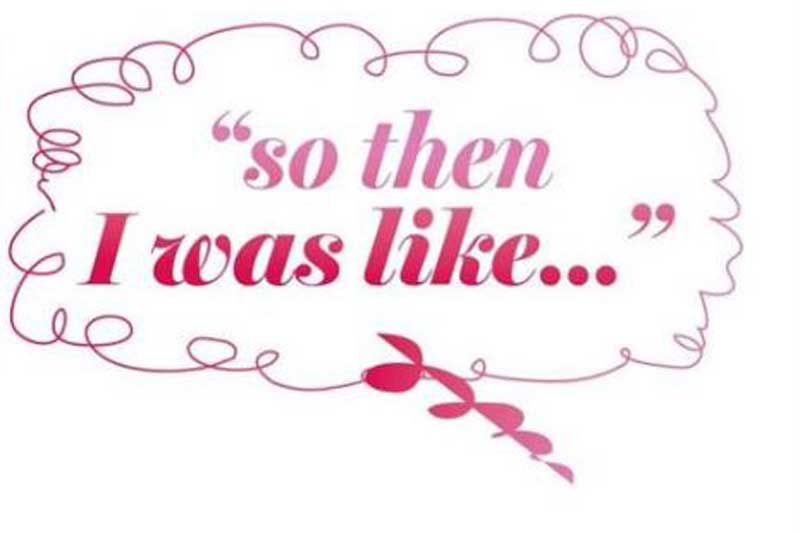×
The Standard e-Paper
Stay Informed, Even Offline

Human or vehicular, jams are annoying. However, whenever I find myself caught in Nairobi’s mass of humanity; hurrying to get somewhere but not quite making the desired progress, the opportunity to hear and note some interesting things presents itself.